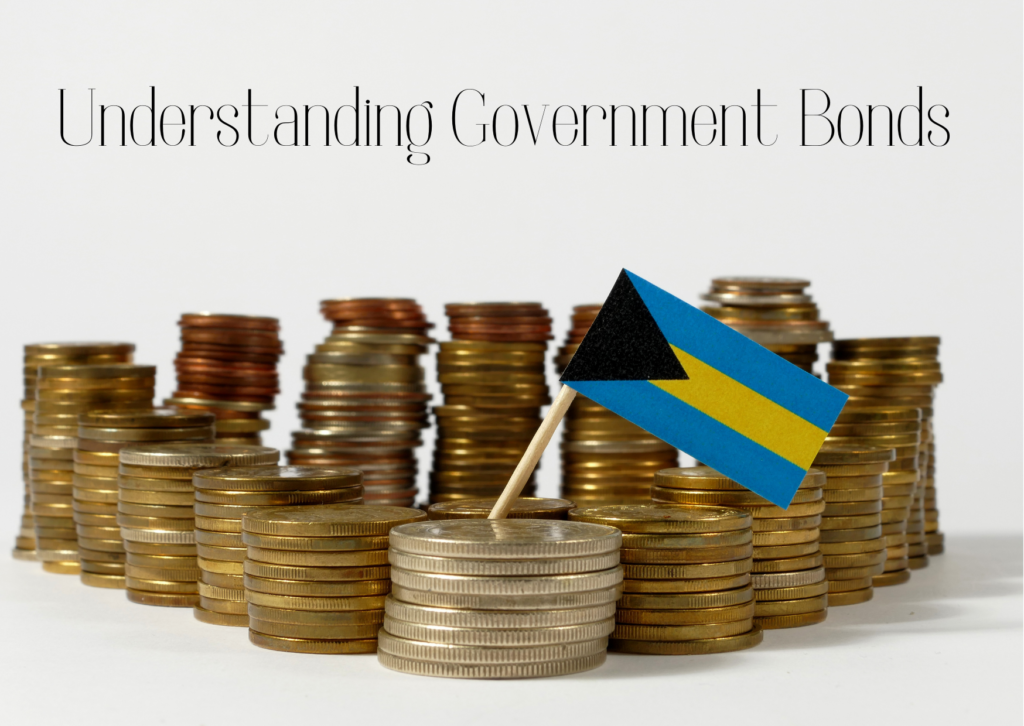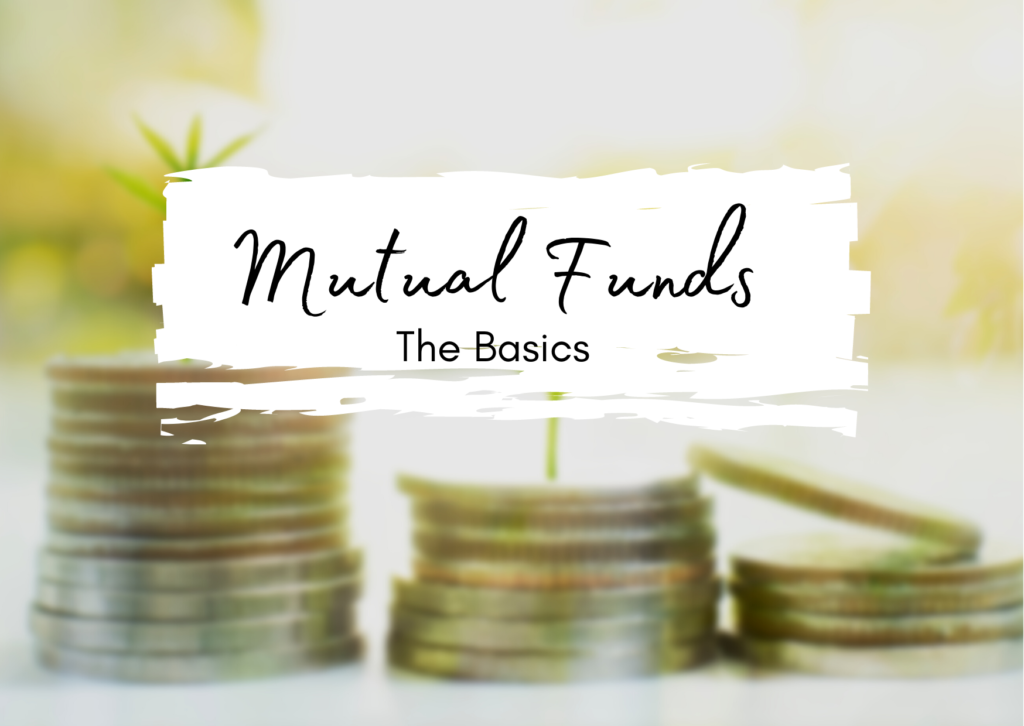You want to understand how investing works so you watch YouTube videos and read articles, but you realize that you do not know how to apply the information in The Bahamas. If this scenario describes you, then you’ve come to the right place! This article briefly explains certain elements of the securities and capital markets in The Bahamas so that you, as a new investor, can begin to learn how to navigate the investment opportunities available to you.
What are The Securities markets?
The securities markets describe the interaction between buyers and sellers of securities (also referred to as trading). In the investment world, a security is financial asset that has monetary value and can be traded with hopes that the financial asset will increase in value. Types of securities include:
- Equity securities (such as stocks) – these represent ownership in an entity (e.g. a company); and
- Debt securities (such as bonds) – these represent money borrowed from and owed to investors.
To further understand stocks and bonds, check out our article Investing 101: Stocks vs. Bonds.
What are the Capital Markets?
The capital markets describe the interaction between suppliers of money and users of money. For example, companies that need money may use the capital markets to raise funds through an initial public offering (IPO) where individuals are able to invest money in the company with the hopes of making a profit. In this example, the companies would be the users of money and the investors would be the suppliers of money. Another example of activity that occurs in the capital markets is the government borrowing funds from investors by issuing/selling government bonds. To learn more about government bonds, check out our article Understanding Government Bonds.
Who Regulates the Securities and Capital Markets in The Bahamas?
It is always beneficial to know the authorities of financial services in the event you need to file a complaint and to stay up to date with consumer warnings. In The Bahamas, the Securities Commission of The Bahamas (SCB) regulates investment and capital market activities. The SCB has a wide range of tools to register investment firms, monitor these firms, and inform and protect investors. Financial activities and firms that the SCB regulates include:
- Initial public offerings, which are usually conducted by large companies to raise money from the public. Companies that raise money through an IPO are called public issuers and the Commission oversees them to protect the average investor and to protect the reputation of the Bahamian financial markets;
- Equity crowdfunding, which is a mechanism for small and medium sized businesses to raise money without the burdensome requirements of an IPO;
- Investment firms that trade securities on behalf of its customers, give investment advice, and/or arrange activities in the capital markets; and
- Digital asset businesses, which include companies trading crypto-assets on behalf of customers.
A smart investor verifies that an investment professional is licensed by the appropriate regulatory body. #WorldInvestorWeek #IOSCOWIW2021 #SCBSmartInvestor
For the benefit of investors, the SCB also has an investor centre available on its website, found here. The investor centre has educational information related to investment activities, including:
- Investor alerts and notices;
- Enforcement matters that may affect investors;
- An investor education portal with lots of tips; and
- Registrant/licensee search so that you can easily find out if a company is registered with the SCB.
Further, if you have a serious complaint related to investment activities, you can contact the SCB at info@scb.gov.bs or ecomplaints@scb.gov.bs. Some reasons for filing a complaint with the SCB may include:
- Suspecting or being the victim of fraudulent investment activities;
- Being asked to pay for investment advice from someone not licensed with the SCB;
- Receiving false or misleading investment advertisements; and
- Money going missing from your investment accounts.
To learn more about how you can file a complaint with the SCB, check out their page on complaint filing here.
Final Notes
Investing is a risky and sometimes complicated activity, but it can be rewarding. It is important to learn how you can invest at home and where you can go if you need to file a complaint. If you are unsure if someone or a company is authorized to give investment advice or invest on your behalf, you can contact the SCB to make sure.




